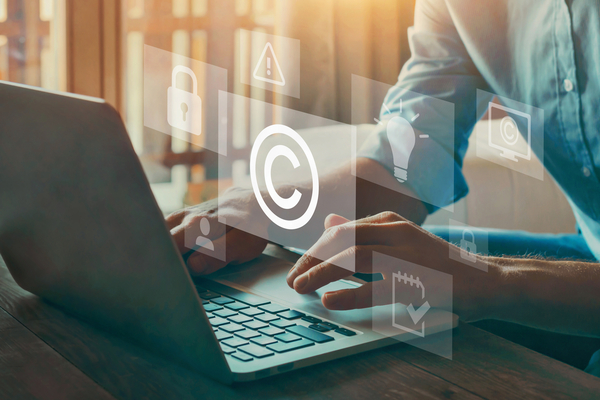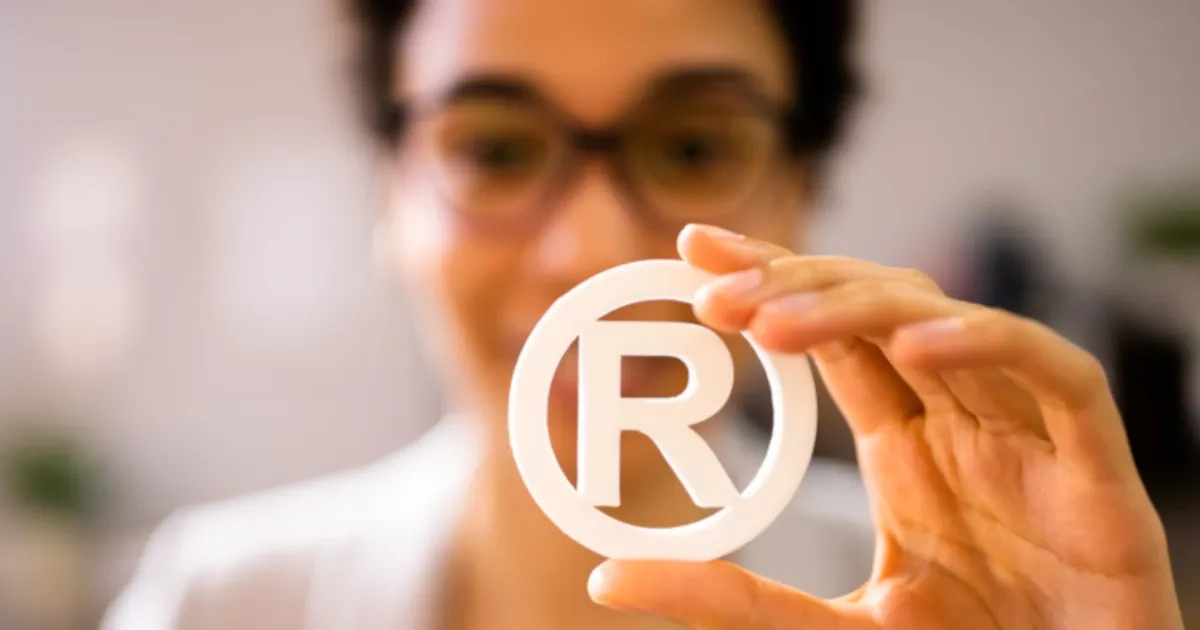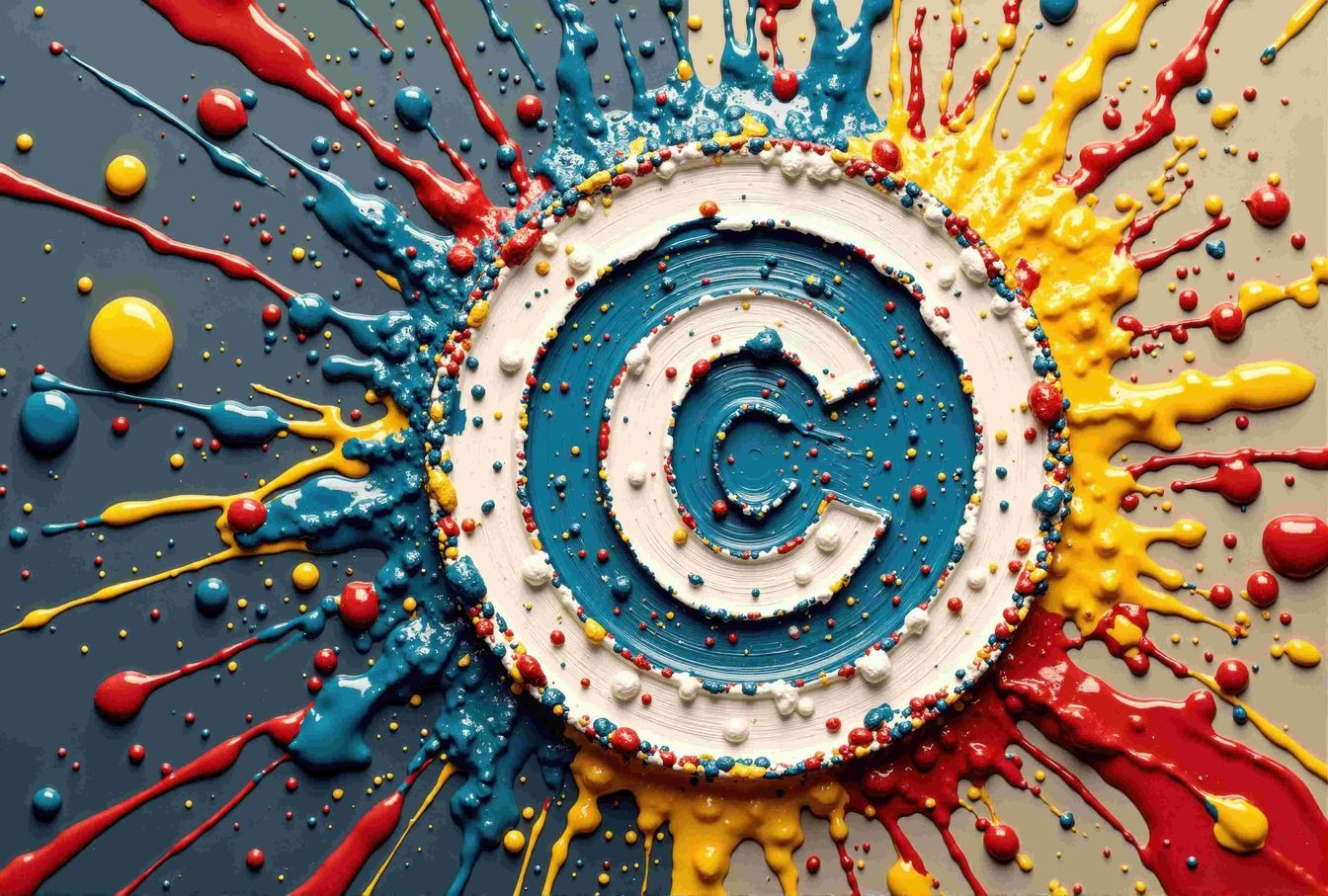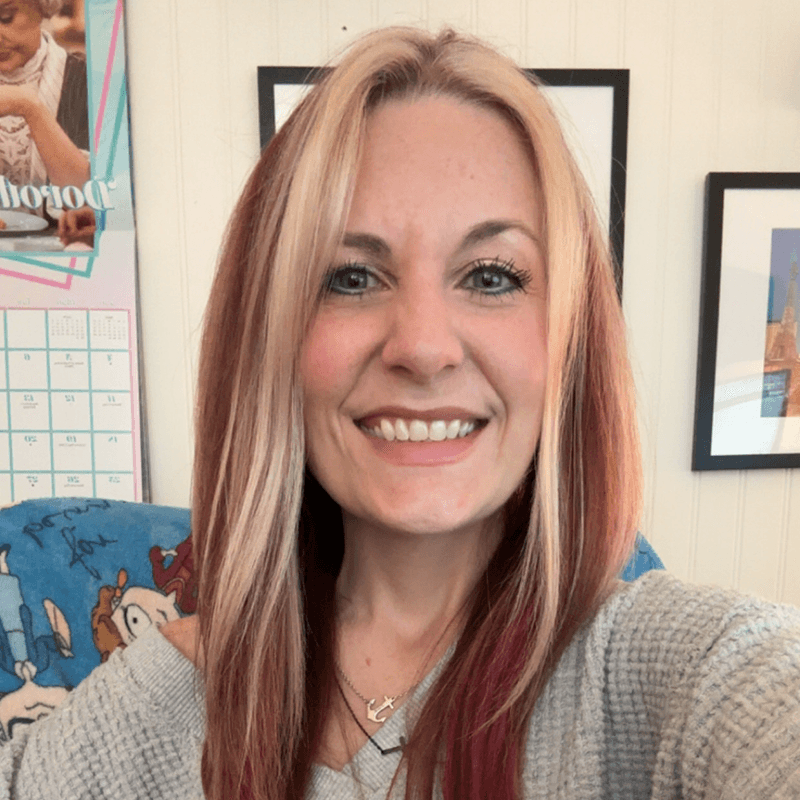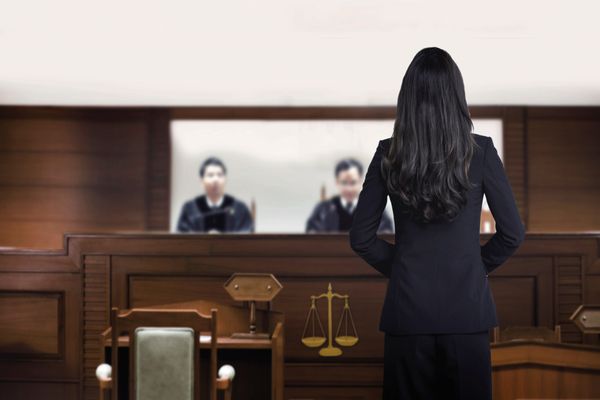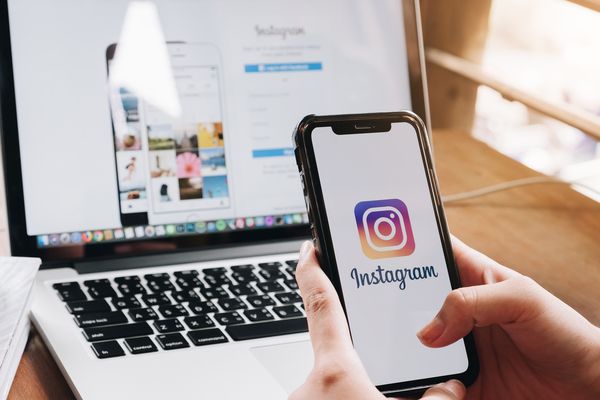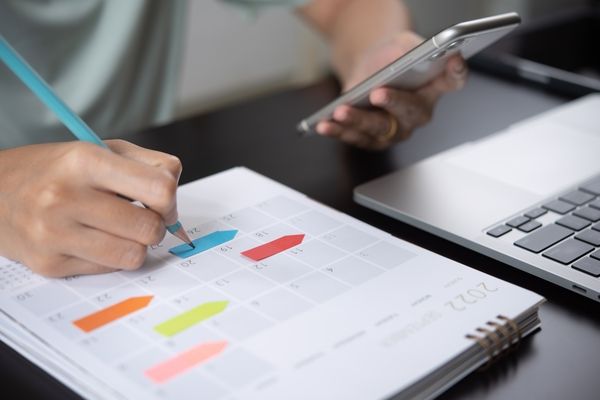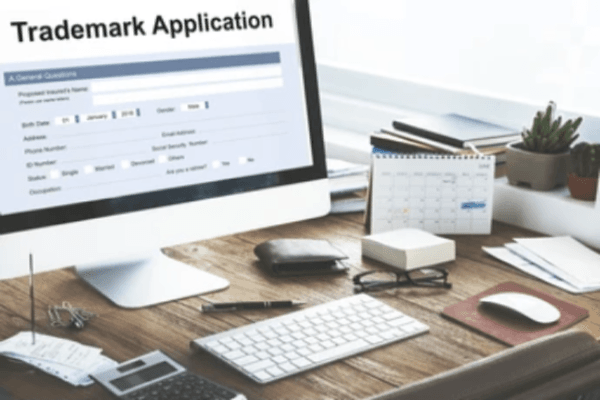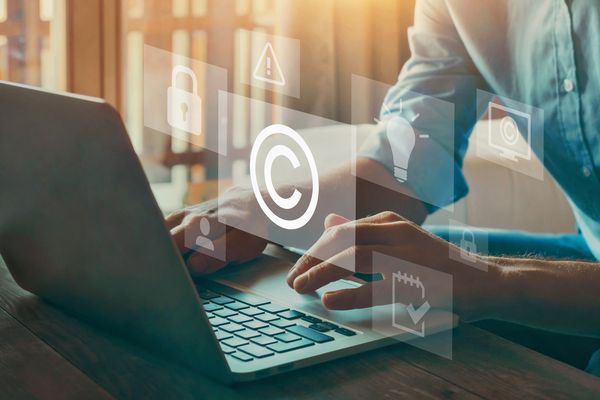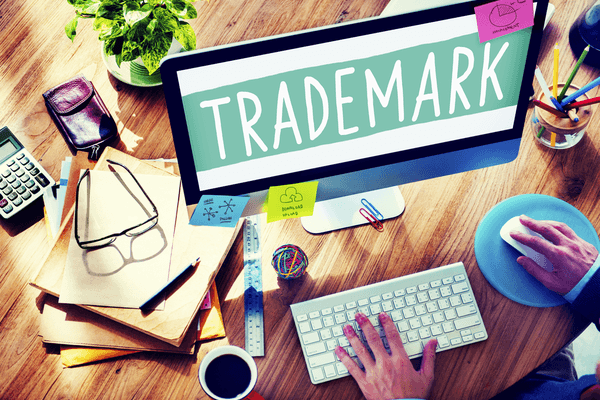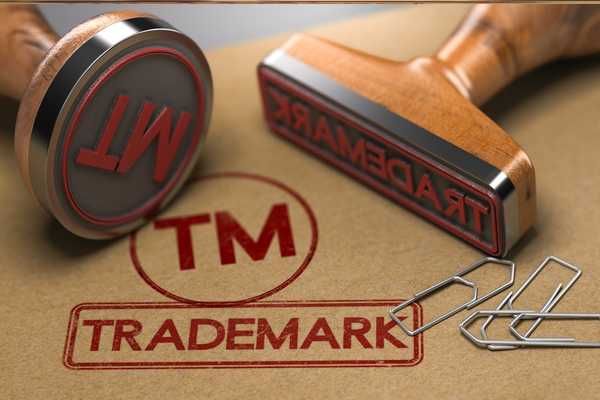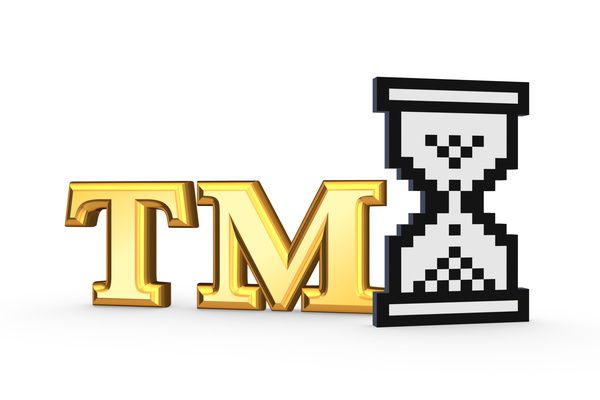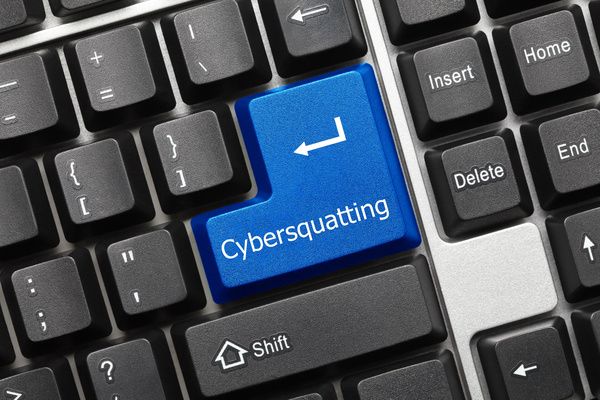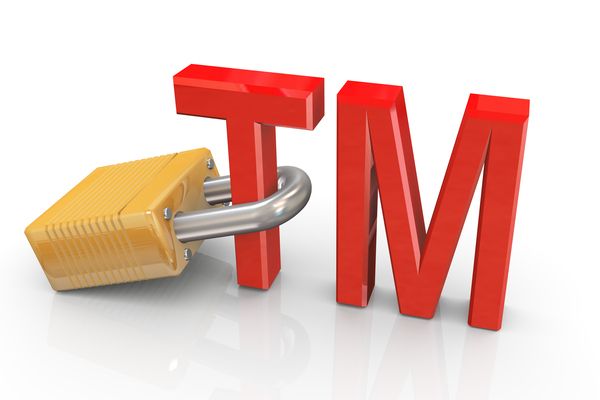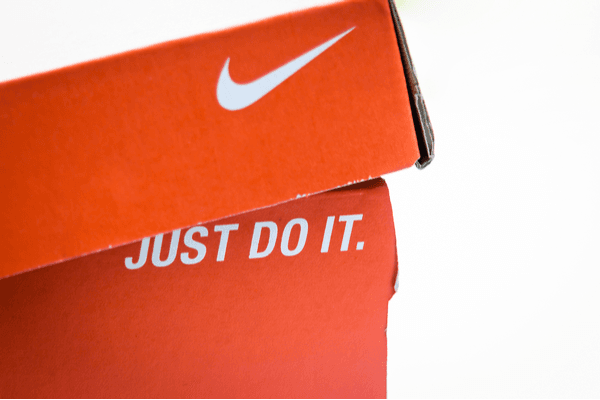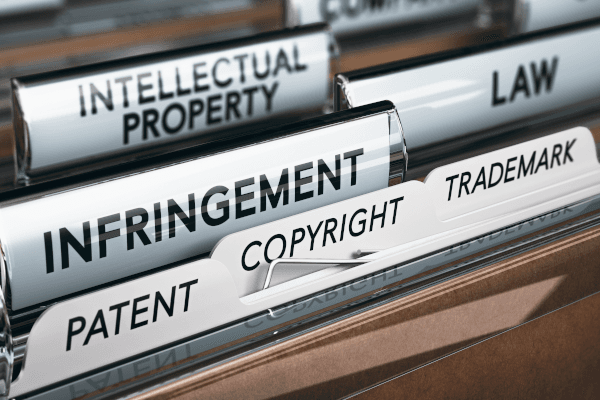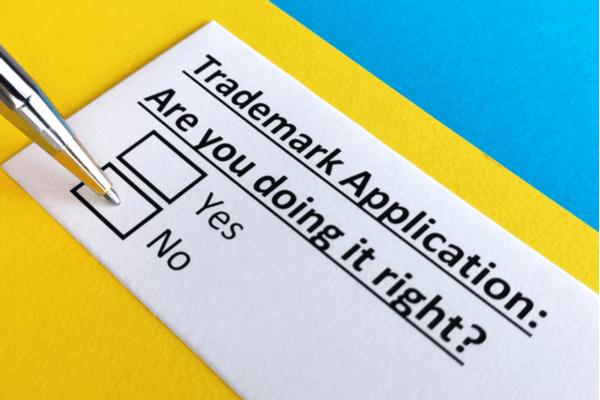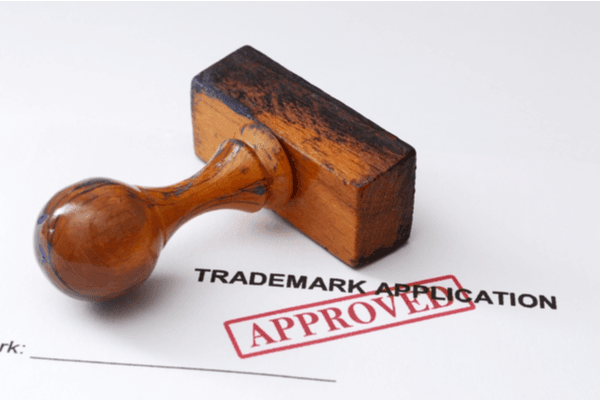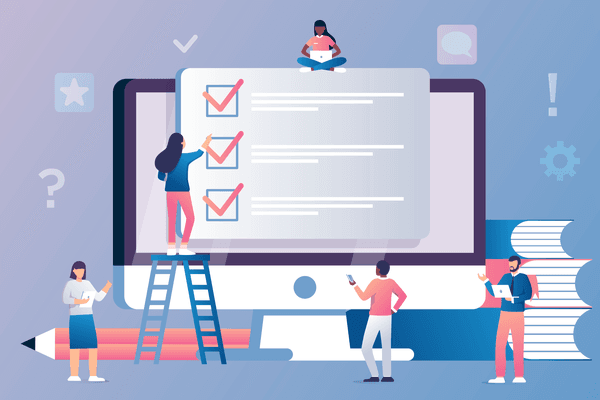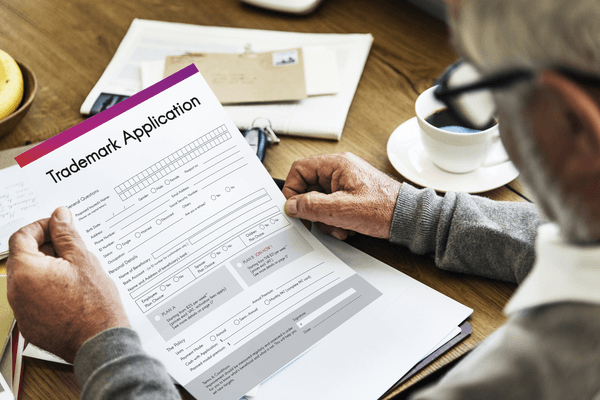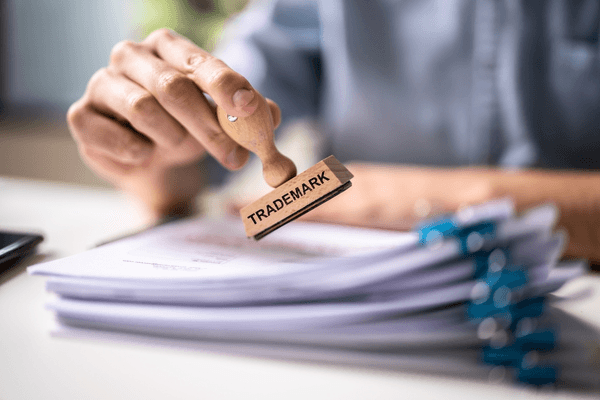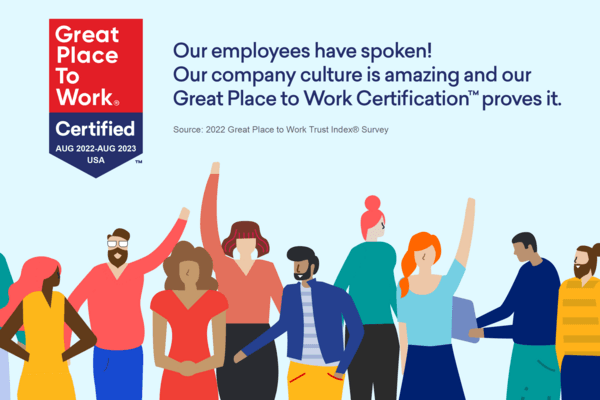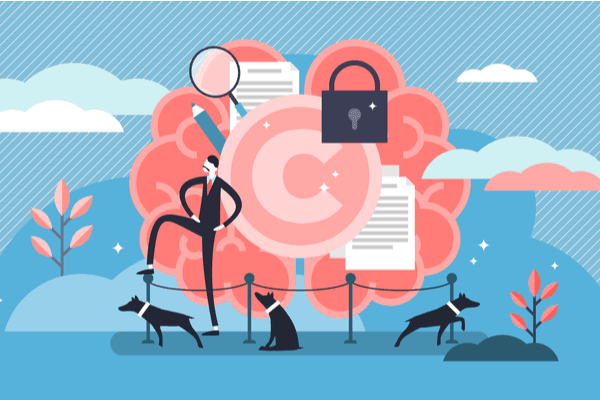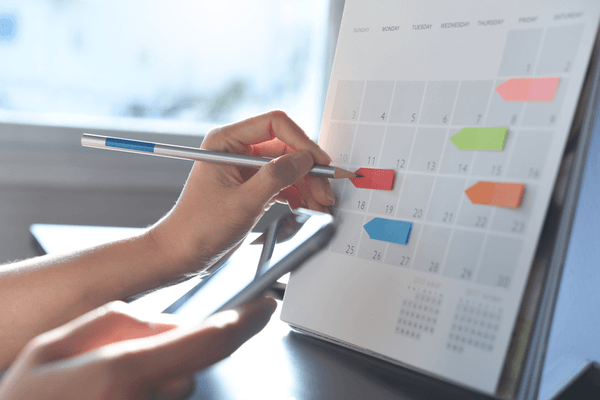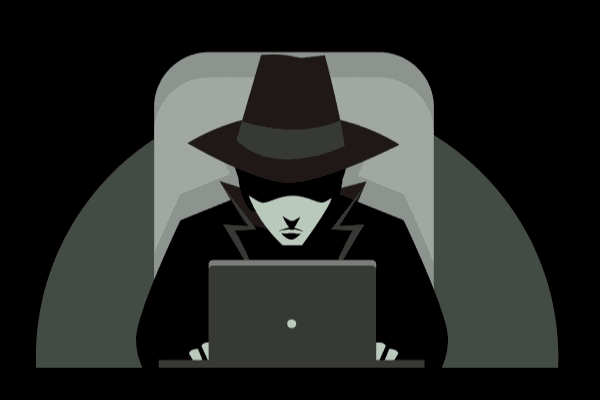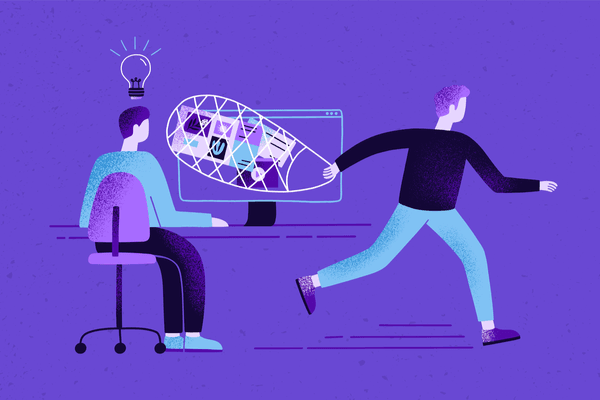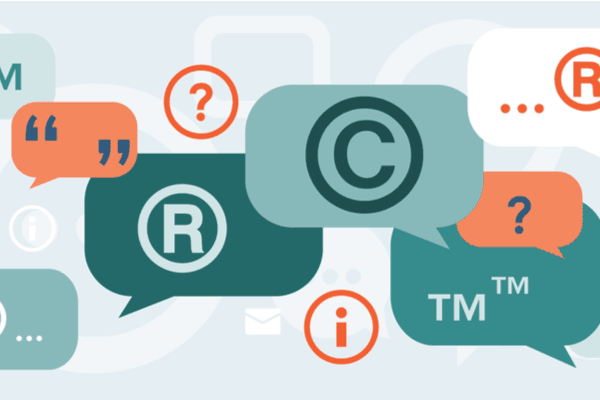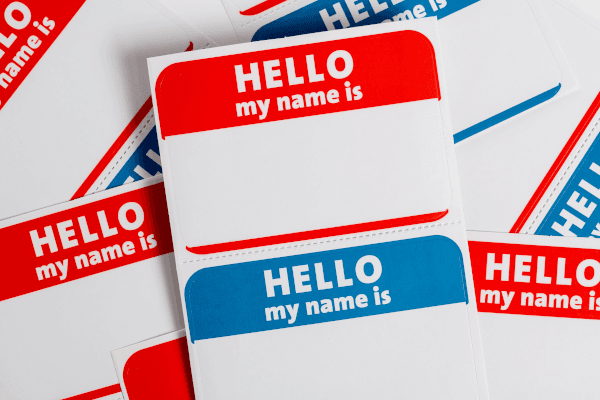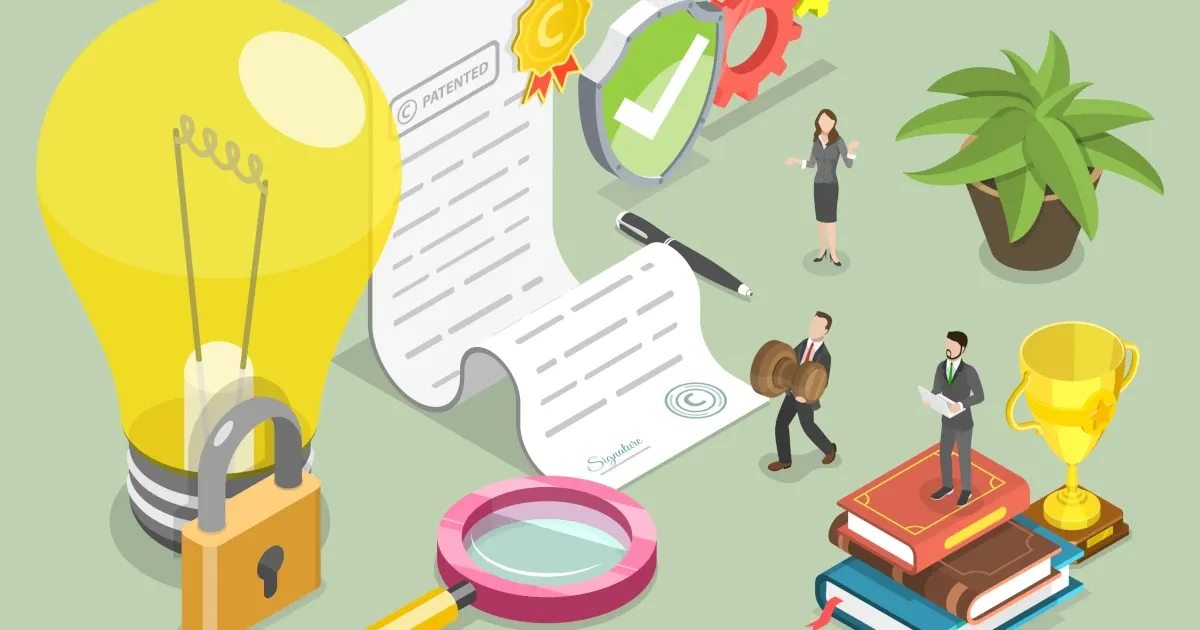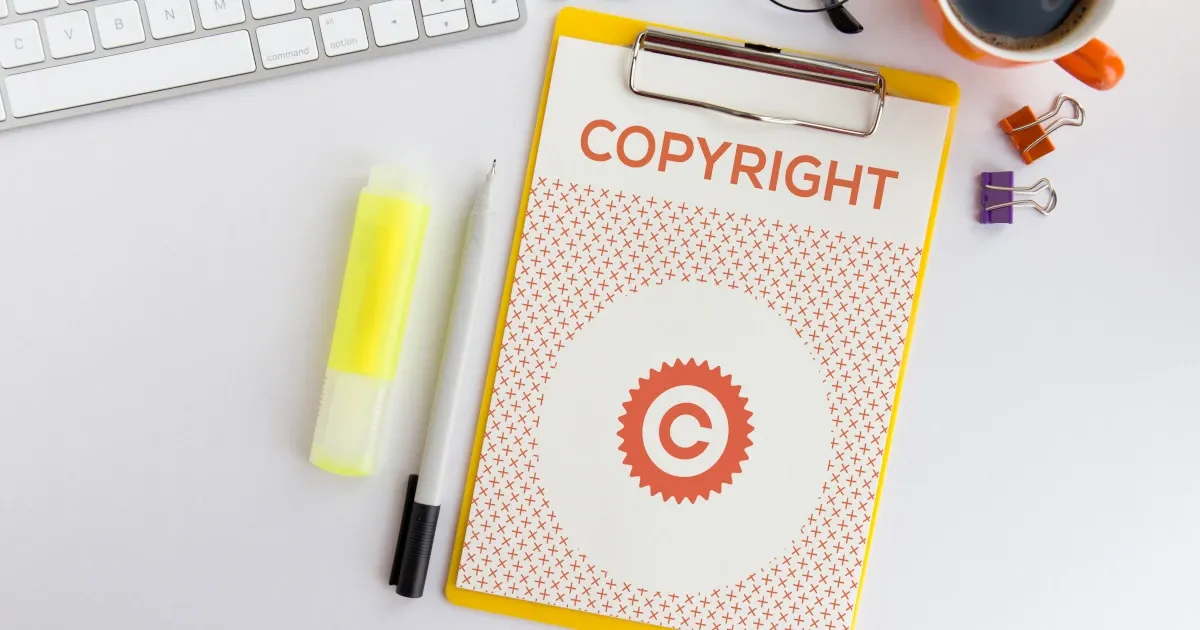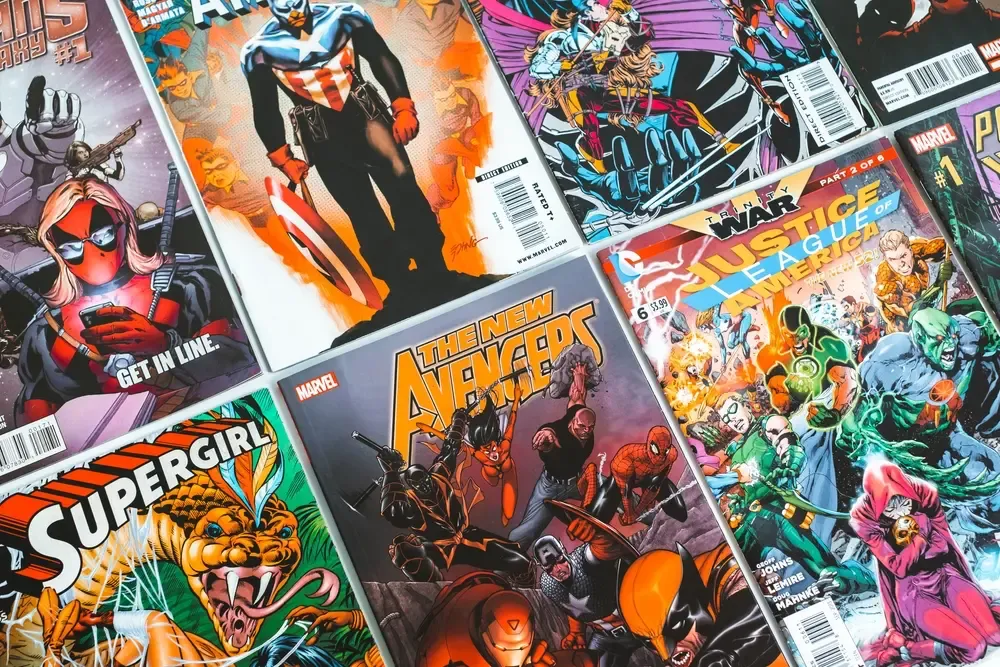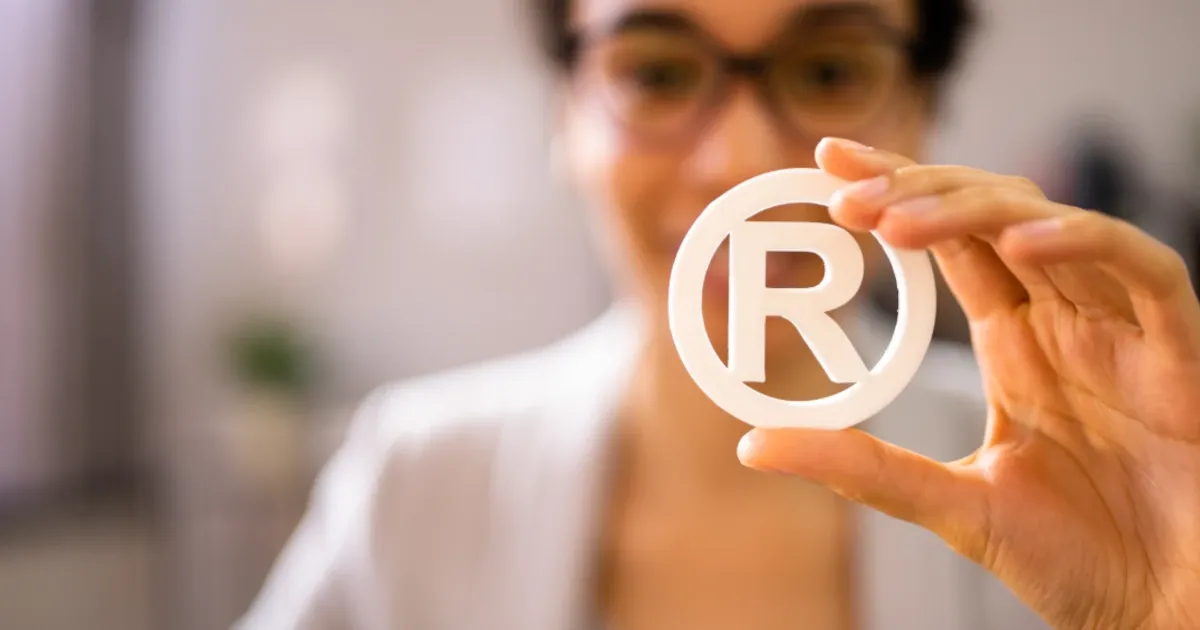Protecting Your Intellectual Property as an Independent Musician
Unsure how to prevent original music theft? Here’s how to protect your intellectual property as an independent musician.


Anything you write or record as a musician is vulnerable. People can steal your lyrics, melody, and basically anything considered your intellectual property.
Suppose you’re unaffiliated with a record label or don’t have a copyright attorney. In that case, it’s even more important to learn how to protect your intellectual property as an independent musician.
The proper protection will ensure that you’re free to monetize your IP. No one else can profit off your hard work and creativity.
Types of Protection
Trademarks
A trademark is the primary way to protect your brand by identifying you as the owner of a particular intellectual property. Companies and individuals register trademarks on logos, slogans, and even recordings.
Once you own a trademark, you’re the only one who can create and sell something under a brand. It’s the same reason you wouldn’t be able to buy Coca-Cola, Pepsi, or any other popular product from random companies.
Trademarking your artist name or even your band is one of the first lines of protection you can use for your IP. However, consider just how many artists there are out there.
Before you even consider registering, it’s crucial to conduct a trademark search. It could be possible that someone else has already registered a trademark using the same name or a similar version of it. Of course, this might not be a problem if you have a unique artist or band name. That said, it’s still best to check and have some backup ideas in case someone beats you to the punch.
This could spare you money in lawsuits and potentially thousands more you could sink in marketing campaigns for a trademark you can’t legally own.
Another reason to have someone research your desired artist or band name is to see what’s available. Even if your name is taken, you could test different variations and other ideas to see what you can work with before registering your trademark.
Copyright
In theory, you don’t need to copyright your own work to make money off it. Copyright, however, is an official, legal way to denote that the copyright owner is the only one allowed to distribute, perform, and monetize the copyrighted music. That means that once you register a copyright on your music, no one else can use it without your express permission. This is a great way to maximize the money you make from your IP, as it also sets you up to license your creations to third parties.
Interestingly enough, if you’re in the U.S., you automatically receive copyright over your composition when you create it. Unfortunately, that�’s not enough to file a lawsuit if someone used your song without permission.
Why Registration Is Important
Copyrighting may sound simple, but it’s more complex than meets the eye.
For example, many artists used something called the poor man’s music copyright to provide proof of ownership over their work. Artists sent themselves a copy of either a composition or a recording. Why was this considered enough?
Through certified mail, the government would essentially stamp the date of creation with a federal postmark. The idea is that you’d use the government as a middleman to gain undeniable proof of ownership. Should anyone contest your rights to a song or composition, you would have a sealed package with the creation date on it marked by the post office.
This could give artists sufficient leverage to file lawsuits if their IP was misused. Sadly, this method didn’t always work as intended. Furthermore, the Supreme Court changed the game in 2019 when it ruled that artists had to register their copyrights with the U.S. Copyright Office. Any lawsuit brought to court without proof of registration would technically stand no chance.
So, while a poor man’s music copyright can prove you created a song, it doesn’t offer the same level of protection as registered copyright.
Another point to be made is about timing your registration. Many individual artists won’t copyright music right away. You’re technically fine if no one steals your songs or misuses them without permission. Should something happen, you can still register your copyright after being wronged.
But this is where things get tricky. First of all, it can take months to register a copyright after someone steals your music. Secondly, without proof of registration, you can’t file a lawsuit, and any compensation you do get could be significantly lowered.
Opting for early registration could avoid this. Once you create a song and decide to monetize it, you could also consider registering the copyright with the U.S. Copyright Office. Should someone steal your IP, you can file a lawsuit almost immediately, and you might not even need an attorney to do it. Furthermore, the difference in compensation in cases of willful infringement can be in the hundreds of thousands of dollars range.
In essence, early registration allows you to react quickly and get paid more and faster.
Patents for Artists
It’s essential to understand all of your options to protect, own, and monetize your IP safely. The most popular of these are copyrights, also known as soft intellectual property, which expire 70 years after the creator’s death if registered under their name.
Patents work a bit differently. A patent is known as hard intellectual property and might not last more than 20 years. That’s the reason why some drug manufacturers can only hold a monopoly for so long before other companies are allowed to create the same medicine.
The comparatively short length of protection is one of the reasons why patents don’t come up much in the music industry. Another reason is that this protection method mainly applies to tangible creations and inventions. In addition, there’s an ongoing debate on whether the use of software and plugins should constitute grounds for a patent application.
Therefore, if you were wondering what’s the best way to protect your music and name, trademarks and copyrights are your best options in the music industry.
How to Avoid Being Scammed
It’s no secret that people and businesses prey on poorly-informed artists in the music industry every day. While some outright rip off songs, lyrics, names, etc., others scam artists trying desperately to protect their IP.
One of the most important things to understand is that legitimate copyrighting isn’t free. If someone offers to help you register a copyright for a song for free, they could be trying to steal your IP.
That said, there are plenty of trustworthy services that can help you protect your music.
While there’s no one stopping you from doing everything yourself, actually registering trademarks and copyrights is complex work. The process is rather lengthy, with many documents to sort and file.
Some musicians and composers will often turn to music copyright attorneys. But depending on your needs, and perhaps popularity, you could end up paying more than you should for the convenience.
Naturally, paying to protect your work is well worth it if you want to monetize it and perhaps make a living as an artist. That’s why you should do your due diligence and choose a service that can do right by you.
Registering Copyright
So, with that in mind, what’s involved in registering copyright?
It depends. There are two forms available for registering sound recordings and compositions. Form SR is often filed by artists or labels when registering a recording. Form PA is used to register compositions for songwriters or publishers.
Interestingly, you can combine both documents by filing a single SR form to register a recording and composition. However, this only works if you’re both the owner and author of the songs.
These minor distinctions can be tricky to work out without some experience with the legalities of the music industry — another reason to turn to someone specializing in registering copyrights. Filling the wrong form could give you only a few rights and leave your work vulnerable for others to exploit.
Someone Stole Your Music — What Now?
Just because your music is protected doesn’t mean others won’t try to rip you off. It happens every day — think of all the YouTube videos that get taken down due to copyright infringement, cover bands reproducing songs by famous artists and not giving them credit, etc.
Say you’ve done your due diligence. You’re well-protected against intellectual property thefts, and you become aware someone’s been trying to make money from your music or composition. Typically, you have two courses of action. You can take that person to a small claims court or federal court.
Let’s look at small claims court, as this is a rather newer option for copyright owners. The CASE Act of 2019 created a small claims court that operates inside the U.S. Copyright Office. In late 2021, this court became a viable option for copyright owners to voice their grievances.
Why is the small claims court a good option? Compared to federal court lawsuits, the legal expenses are considerably lower. In addition, cases can be tried virtually, which means you don’t have to bother showing up in court. You also wouldn’t need a lawyer, just valid proof of copyright registration. However, taking your case to a small claims court would mean settling for a cap of $15,000 in damages per each registered work infringed.
This might not be a desirable option if you’re trying to get a bigger payday, but it’s faster and much more accessible.
When it comes to federal court, you’ll need legal representation. Right off the bat, this implies certain legal expenses. Additionally, most compensation doesn’t go past a $150,000 cap per infringement. It’s also possible to win as little as $750 per infringement. Considering the average six-figure cost of a lawyer, this can complicate things.
Whichever option you choose, if someone does infringe on your intellectual property, two things are certain. You need to register a trademark to argue your case for someone using your name or brand, and you need to register a copyright to have legal standing when someone uses your music without your express consent.
Be Prepared to Avoid Losing Money
Creating anything, whether a melodic line, lyrics, a song, or an entire album, takes serious work. Hard work goes into everything you create, even if you’re a naturally gifted artist.
Unless you want to make music that others can use freely, it’s best to protect your intellectual property as an independent artist. There’s no point in letting others rip you off and potentially make more money than you after you’ve done all the hard work.
If this is a matter that concerns you, perhaps our trademark and copyright services can help. Trademark Engine can handle all the documentation, offer guidance and support, and stay on top of all your legal needs in the music industry. This way, you can focus on creating, and Trademark Engine can file your applications with the right entities.
Trademark Engine is not a law firm and none of the information on this website constitutes or is intended to convey legal advice. General information about the law is not the same as advice about the application of the law in a particular factual or legal situation. Individual facts and circumstances as well as legal principles including but not limited to the ones referenced on this website can affect the outcome of any given situation.
Trademark Engine cannot and does not guarantee that an application will be approved by the USPTO, that a mark will be protected from infringement under common US trademark law, or that any ensuing litigation or dispute will lead to a favorable outcome. If you want or have an interest in obtaining legal advice with respect to a specific situation or set of circumstances, you should consult with the lawyer of your choice.
Trademarket Blog
Everything you need to know about starting your business.
Each and every one of our customers is assigned a personal Business Specialist. You have their direct phone number and email. Have questions? Just call your personal Business Specialist. No need to wait in a pool of phone calls.
